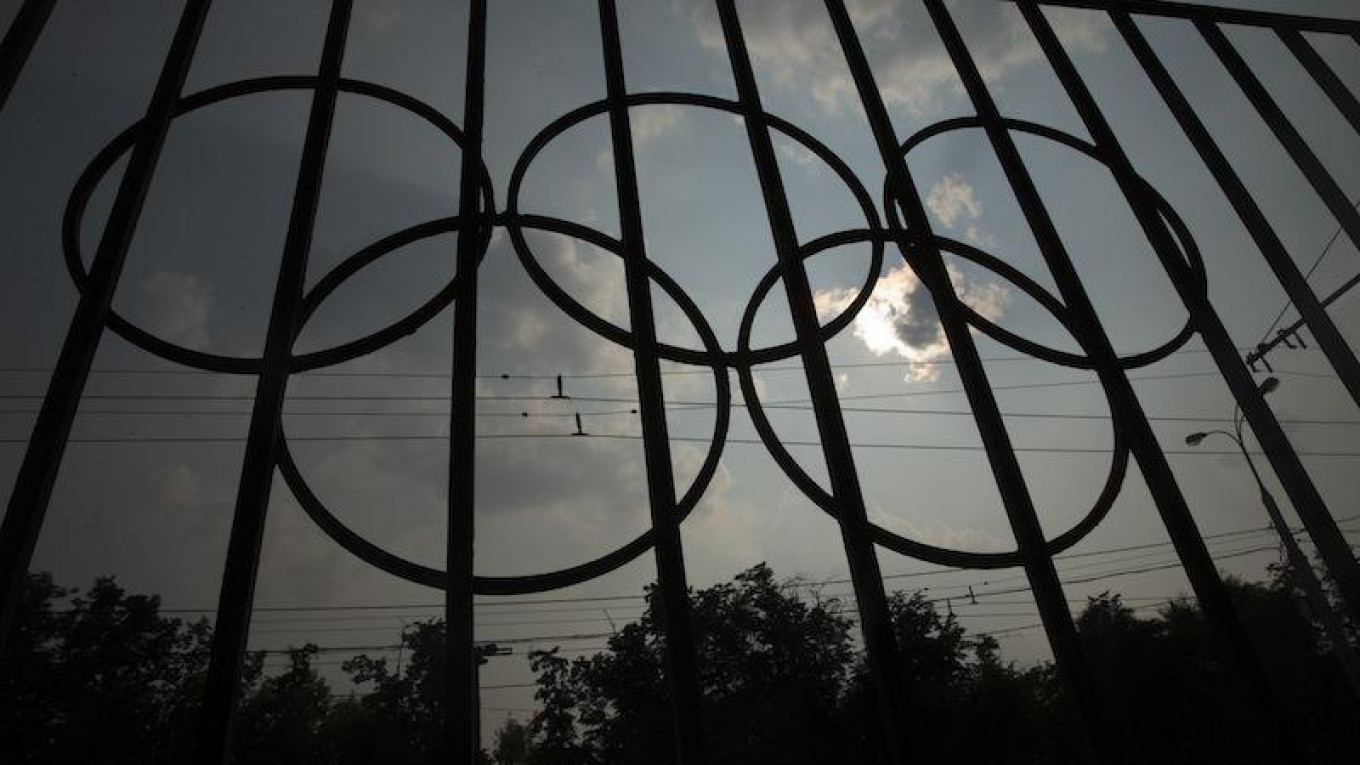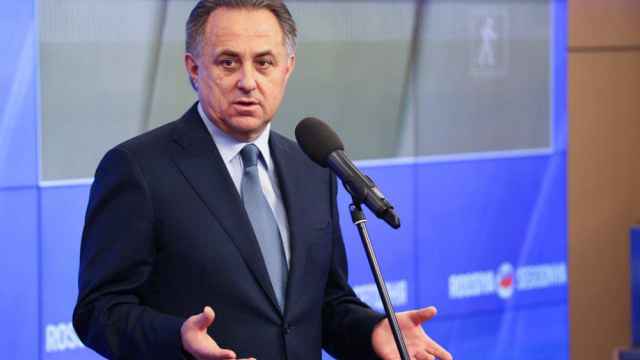Defying the majority of forecasts, Russia dodged the bullet. After nine months of scandal, haranguing and waiting, most of its national teams are going to compete in the 2016 Olympics in Rio de Janeiro. Many of its athletes are already arriving in Brazil’s historical capital.
The road there was anything but easy.
November 2015: Doping Authorities Publish Damning Report
When it dropped, the first World Anti-Doping Agency (WADA) report made front page news worldwide. The report revealed what it described as the systematic use of doping by Russian track and field athletes. Moreover, it continued, Russian security services were involved in impeding the work of inspectors. Just before inspectors arrived at the doors of Moscow anti-doping labs, more than 1,400 samples were destroyed. The Agency recommended the International Association of Athletic Federations (IAAF) to suspend All-Russian Athletic Federation (ARAF) from international competition, including the 2016 Olympics.
The WADA report came on the heels of an interview that Russian whistleblower runner Yuliya Stepanova gave to the German television channel ARD. Stepanova spoke of the systematic, almost mandatory use of doping among Russian athletes, encouraged by coaches and sport officials.
Back then, the allegations were ridiculed by Russian anti-doping authorities. The anti-doping head Nikita Kamayev described the WADA report as “rather unprofessional” and “absolutely absurd.” Sports Minister Vitaly Mutko added that only “those who want to get rid of competition” and “those who want to damage the country’s image” would want to go forward with banning the country from the Rio Games.
However, the anti-doping lab in question suspended all operations. At the same time its head, Grigory Rodchenkov, resigned, only to return the next year to play a bigger role in the unfolding scandal.
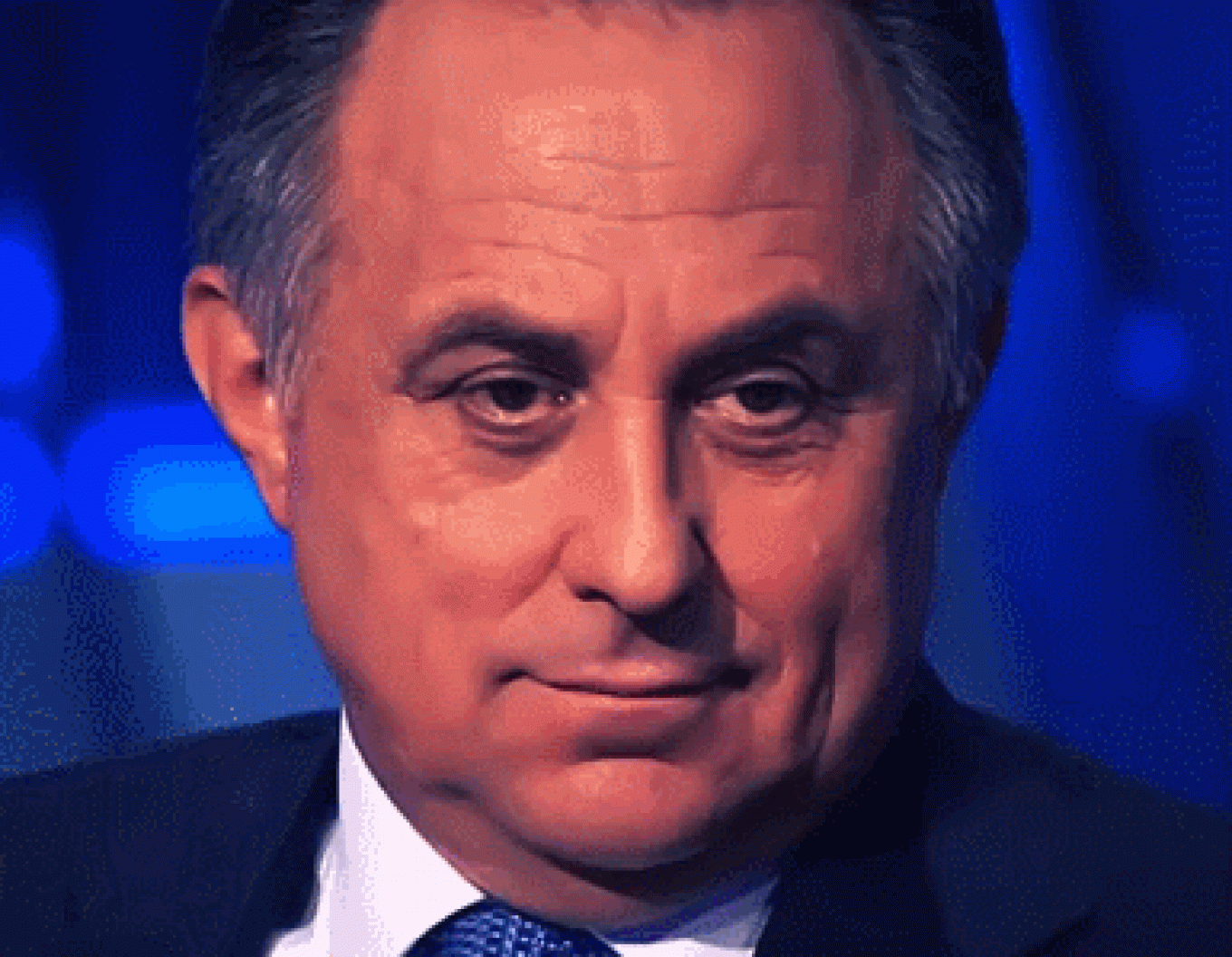
Late November 2015: Blanket Ban on Track and Field
IAAF followed WADA’s recommendations and in late November implemented a blanket ban on 4,027 Russian track and field athletes. The ban covered all international competitions, be it world or European championships, international marathons, and the upcoming Olympics.
The ban affected many Russian athletes who planned to compete abroad, especially those who planned to do it in order to qualify for the upcoming Olympics. At the same time, the list was highly controversial. Several of the names on it referred to dead sportsmen; some were names of athletes already of pensionable age; a sports journalist also appeared on the list.
The reality of the ban caused a change in the Russian government’s previously gung-ho attitude. Mutko said Russia was ready to comply with IAAF demands. “If we need to replace all the [track and field administration] staff, we will do it,” he said. “But wiping Russian track and field off the map altogether? We do not agree with that.”
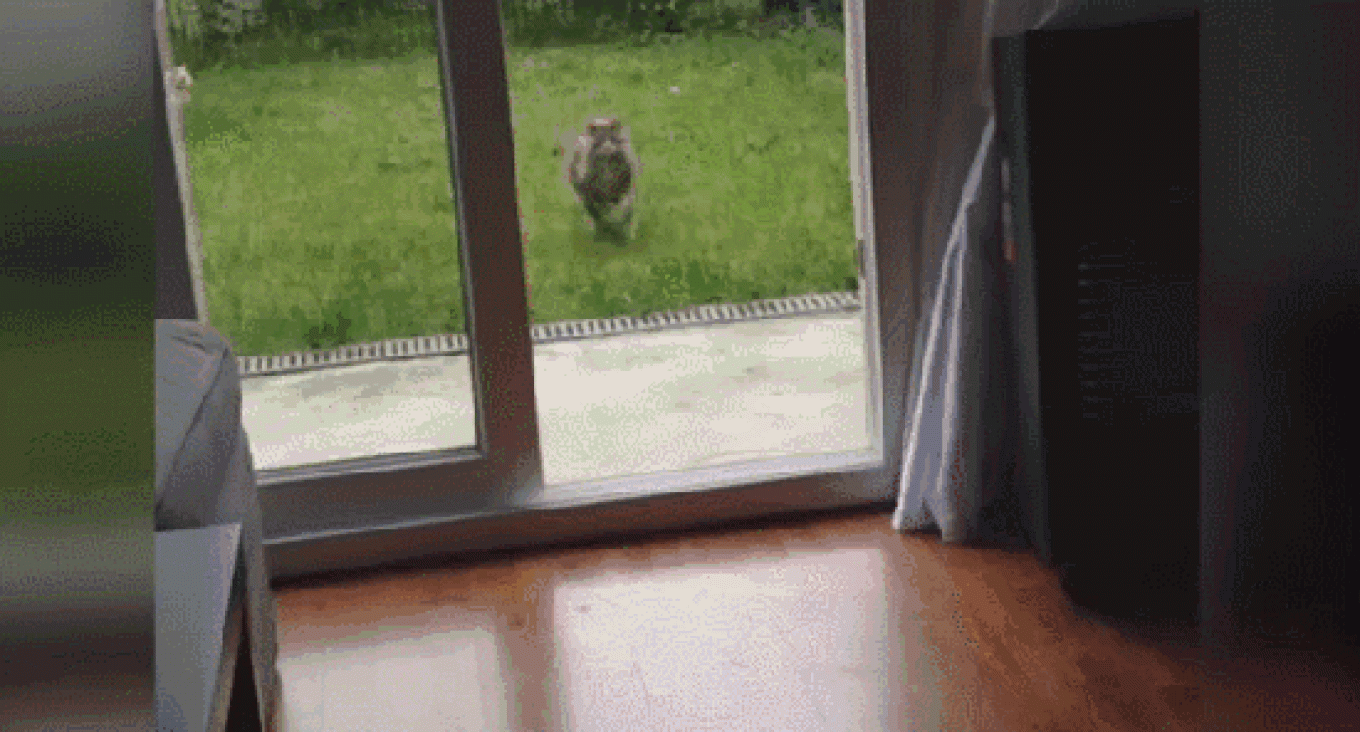
May 2016: The Rodchenkov Cocktail
Early 2016 was reasonably uneventful. Russian sports officials dutifully reported to the press about how much progress they were making in reforming ARAF and the country’s anti-doping system. Track and field athletes continued to train for the Olympics in the hope that the ban would get lifted. There was no suggestion of wider trouble.
Then, in May, Russia received a blow from where it probably least expected. Having fled to the U.S., Grigory Rodchenkov, the disgraced former head of the anti-doping lab, gave an interview to The New York Times.
The interview told a shocking tale of what was really behind Russia’s impressive win in the 2014 Sochi Olympics. According to Rodchenkov, Russia owed much of its success to a sophisticated, carefully-planned doping scheme — masterminded in the Sports Ministry and implemented with the help of the FSB. Rodchenkov, said to be a brilliant chemist, was responsible for inventing the Sochi doping cocktail: three shots of different steroids and alcohol. He then swapped potentially positive urine samples from the local anti-doping lab, making sure no one suspected Russians of cheating.
In Russia, Rodchenkov’s allegations were immediately dismissed as “defector’s slander.” Abroad, they raised many concerns. Both IOC and WADA issued statements promising to investigate the claims and punish those involved.
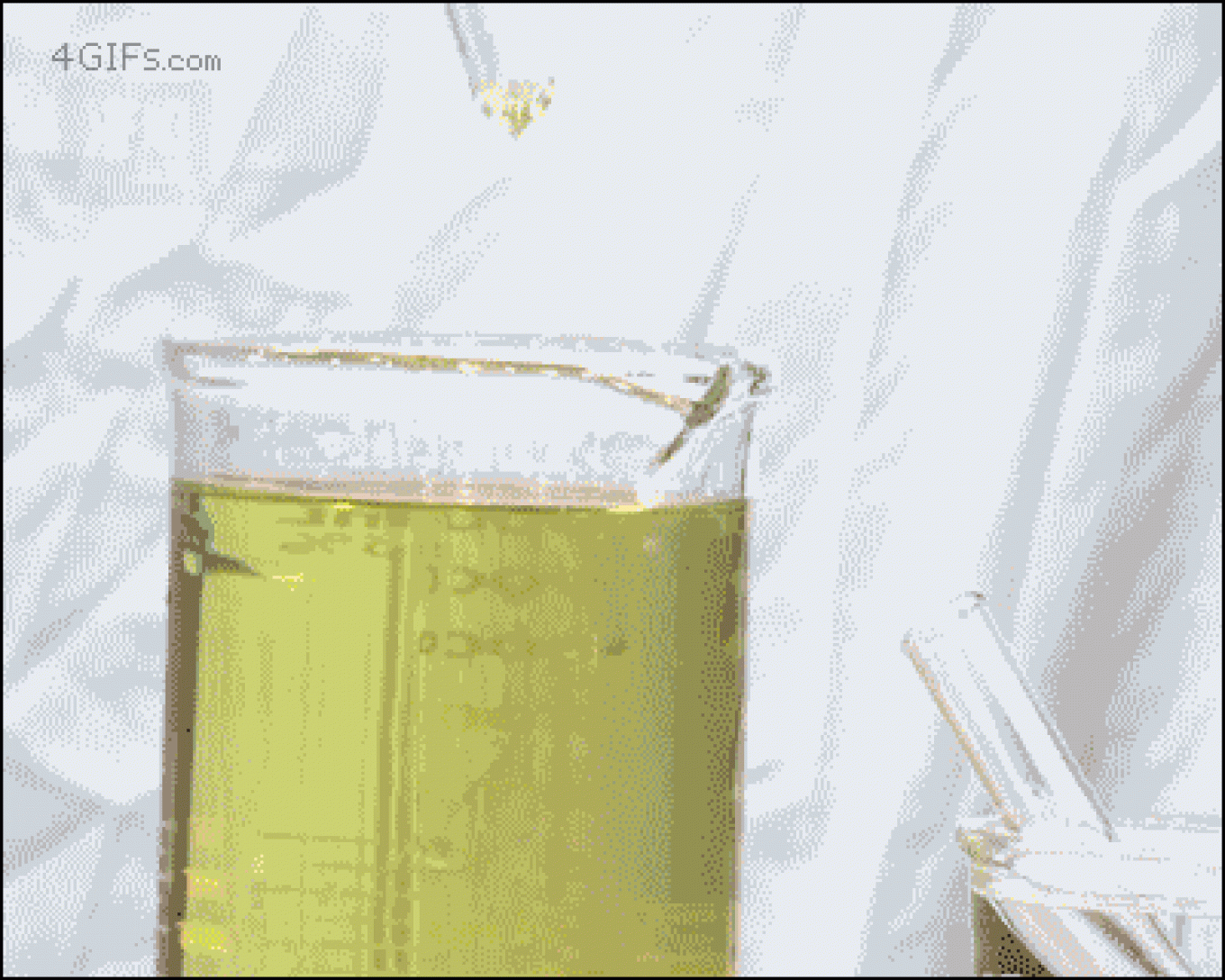
June 2016: Track and Field Ban Upheld
The outcry that accompanied Rodchenkov’s interview left little hope that the ban on track and field would be lifted ahead of the Olympics. And what hope remained was crushed on June 17, when the IAAF announced their decision to uphold the ban, stating Russia had not done enough to restore confidence in the integrity of its athletes.
The Russian Sports Ministry responded by saying it would appeal to the International Olympic Committee (IOC) as the ultimate authority. “We appeal to the members of the IOC to not only consider the impact that our athletes’ exclusion will have on their dreams and the dreams of Russians, but also that the Olympics themselves will be diminished by Russia’s absence,” a statement by the ministry read.
Several days later both IOC and Court of Arbitration for Sports (CAS) confirmed the ban, essentially declaring game over for Russian track and field this year.
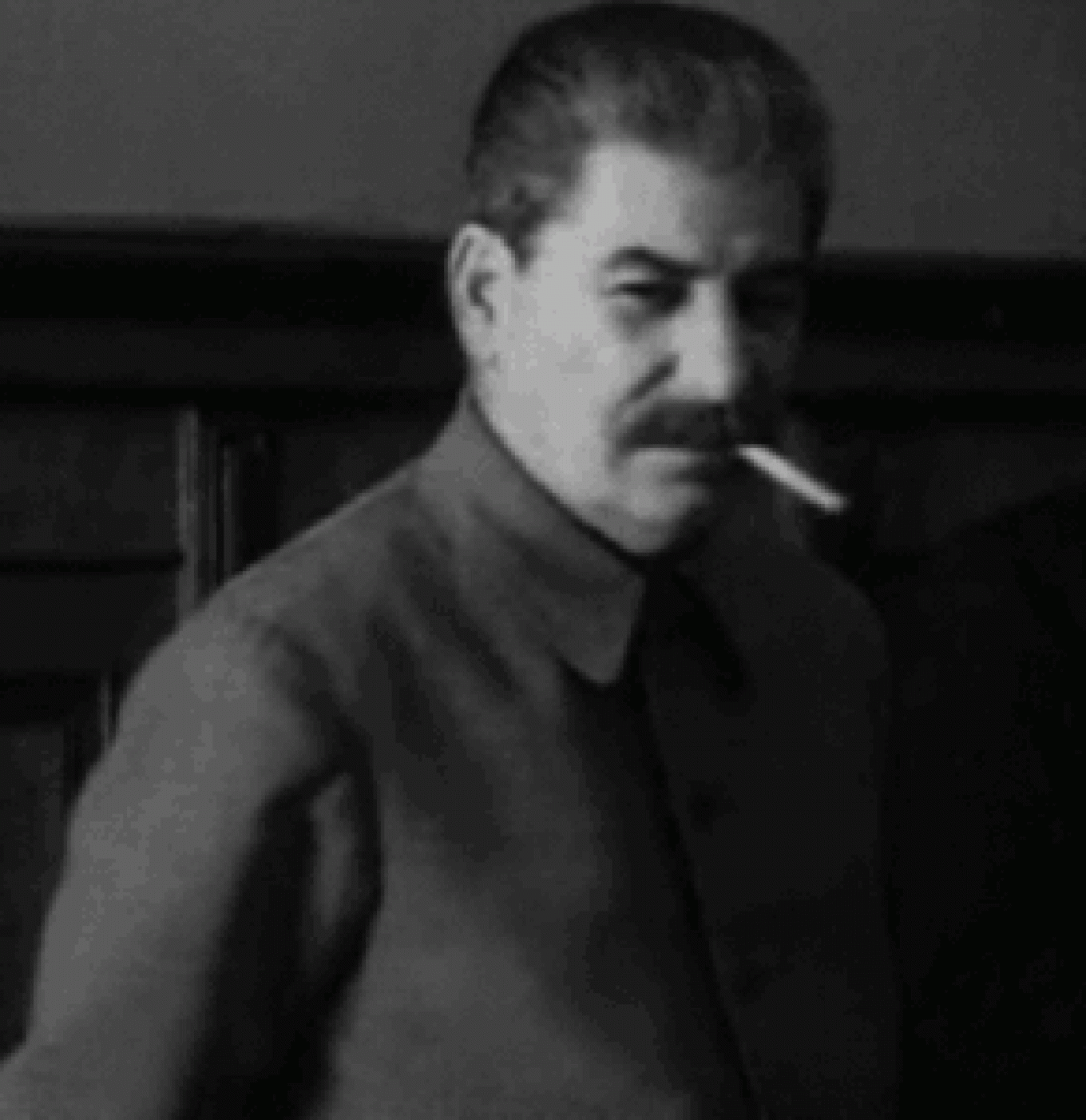
July 2016: New WADA Report, Just as Damning
Ahead of a new WADA report, several Western Olympic Committees called for banning Russia from the Rio Games altogether. After revealing the results of their investigation, which focused on verifying Rodchenkov’s accusations, WADA sided with them, and also called for the whole country to be banned from competing.
The report backed claims that the Russian government promoted a state-sponsored doping program for their athletes at the 2014 Sochi Winter Olympics. Moreover Sports Minister Mutko both “directed and controlled” the operation with the “active participation of the FSB” in both Moscow and Sochi.
Russian President Vladimir Putin said calls to ban Russia from the upcoming Olympic Games on doping charges represent a “dangerous slide toward political interference in sport.” Putin claimed that the doping allegations stemmed from “one man with a scandalous reputation” and called on “a more complete and more objective WADA commission.”
Nevertheless, a blanket ban on Russia now seemed more possible than ever.
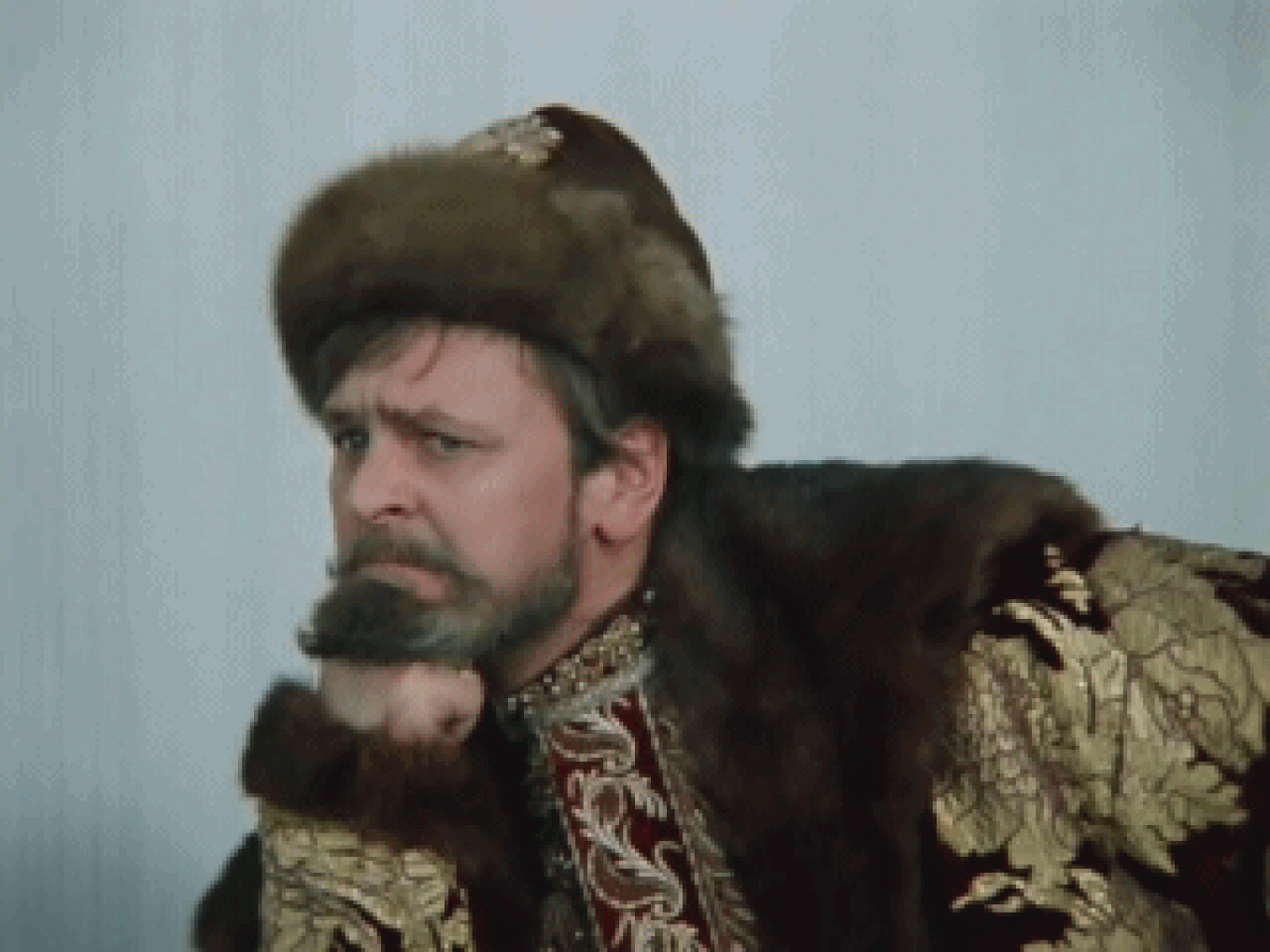
July 2016: Olympic Committee Offer Lifeline
In July, the IOC surprisingly climbed down from making a historical decision to bar Russia from competing.
On July 24, the Committee announced it would not impose a blanket ban, but instead leave the fate of the country’s athletes up to individual sports federations. Russian athletes would be able to compete if they can prove to their International Federation that they have a clean doping record, the ruling said.
The IOC report determined, however, that all
Russian Olympic athletes are “considered to be affected by a system
subverting and manipulating the anti-doping system.” Therefore “the
presumption of innocence cannot be applied to them,” the IOC press
release read. Athletes and officials specifically implicated in the
World Anti-Doping Agency’s (WADA) reports, would be barred from
competing in Rio.
This meant that the IAAF ruling on Russia’s track and field athletics
team still stands, and the entire team — with the exception
of long-jumper Daria Klishina, who has been living and training in the
U.S. — would be banned from the Games.
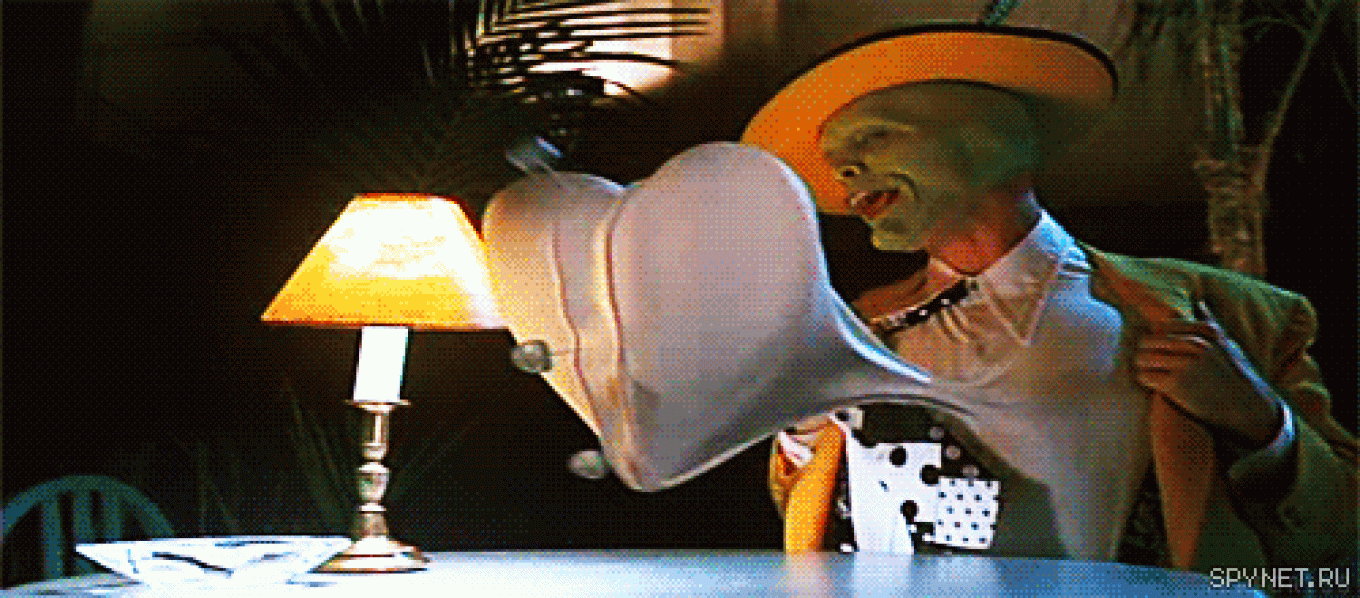
August 2016: The Games Arrive
Out of 387 Russian athletes who applied for the 2016 Rio Olympics, only 271 applications were approved. Two teams — track and field and weightlifting — were completely barred from competing. As of Aug. 4, three members of the cycling team, one wrestler and one rower were still awaiting decisions on their fate.
On the eve of the opening ceremony, however, the Court of Arbitration for Sports announced an unexpected new turn for Russia. It ruled that the decision to ban Russian athletes with previous doping offenses from this summer’s Olympic Games was “unenforceable.” The court agreed with Russia that the ban was flawed and legally unjustifiable, throwing a potential lifeline to dozens of Russian sportspeople with previous doping offenses.
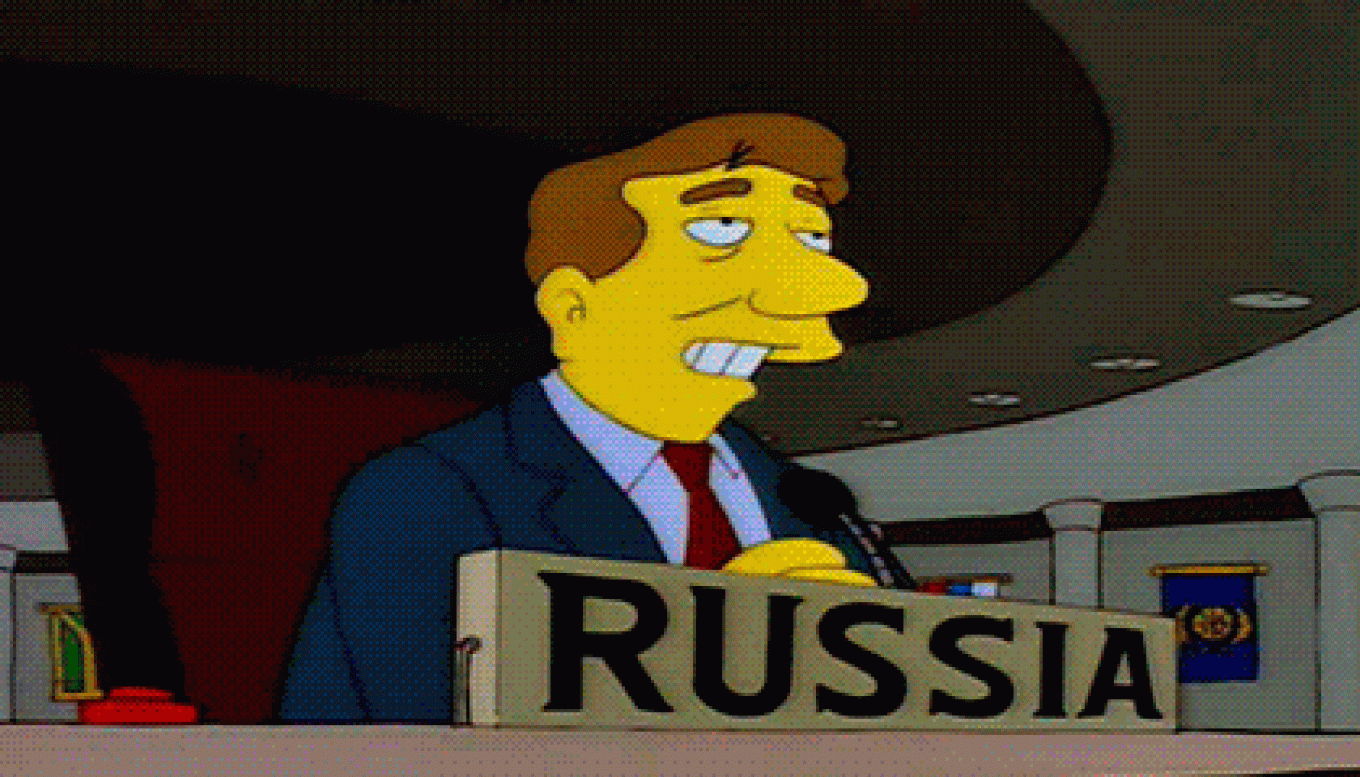
A Message from The Moscow Times:
Dear readers,
We are facing unprecedented challenges. Russia's Prosecutor General's Office has designated The Moscow Times as an "undesirable" organization, criminalizing our work and putting our staff at risk of prosecution. This follows our earlier unjust labeling as a "foreign agent."
These actions are direct attempts to silence independent journalism in Russia. The authorities claim our work "discredits the decisions of the Russian leadership." We see things differently: we strive to provide accurate, unbiased reporting on Russia.
We, the journalists of The Moscow Times, refuse to be silenced. But to continue our work, we need your help.
Your support, no matter how small, makes a world of difference. If you can, please support us monthly starting from just $2. It's quick to set up, and every contribution makes a significant impact.
By supporting The Moscow Times, you're defending open, independent journalism in the face of repression. Thank you for standing with us.
Remind me later.


